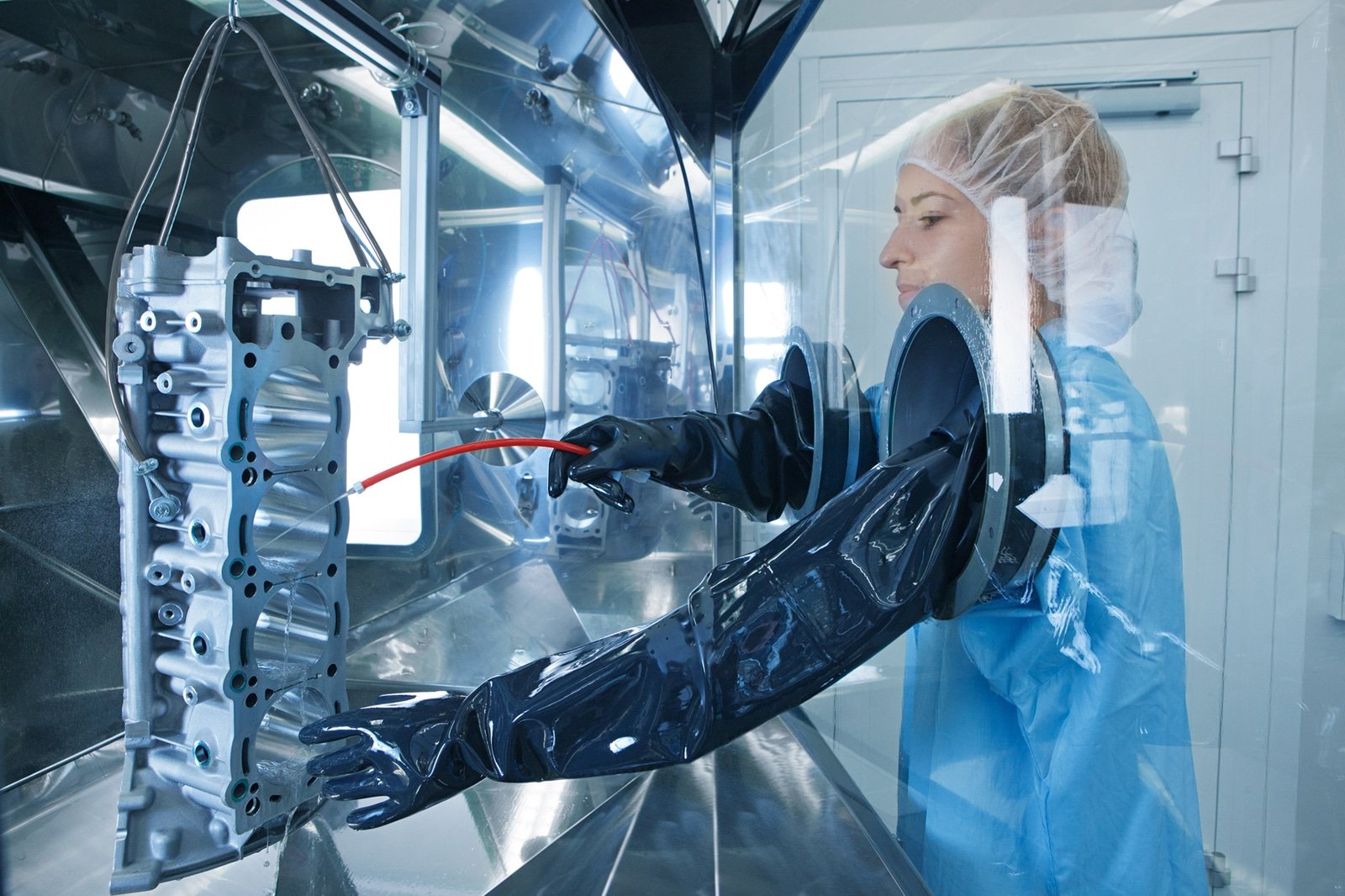Recent developments in control systems modules and data acquisition devices have led to them becoming cheaper, easier to use, and compatible with a wider range of software than ever before. For this reason, and increasing number of hobbyists are starting to use data acquisition systems, and the number of different systems available is growing rapidly.
If you are an industrial engineer, it might seem like data acquisition systems designed for hobbyists are not going to provide the kind of capabilities you need. But think again. Some of the systems that are available on the consumer market today match the specs of advanced industrial systems, incorporating multi-channel data collection and in built data analysis software.
If you are thinking about upgrading your data acquisition system, it’s really worth giving these devices a look, as they have several advantages over “traditional” industrial control and acquisition implementations.
Cost
First and foremost, the huge surge in the market for data acquisition devices has led to huge competition in the market, and this means that data acquisition devices are now very cheap. The cheapest data acquisition devices for you will depend on your own systems, what data you want to collect, and what you want to do with it.
But shop around, and you should find that upgrading to a new data acquisition system will now cost a fraction of the cost of your old system. And if you get a modern, fully-featured system, it will be better.
Connectivity
One of the biggest amateur uses of data acquisition systems is for race cars. In this type of implementation, where the system under study is inherently mobile, wireless connectivity is a key concern. The most advanced data acquisition systems, like the DAQIFI Nyquist, achieve this by incorporating a WiFi connection directly into the device.
And while the most obvious use of these devices is for mobile machinery like race cars, using WiFi for your data collection can have advantages in industrial set-ups also. Years of testing in the consumer market has made WiFi one of the most reliable data connections out there. In addition, devices to collect data, and to extend the range of your network, can be bought cheaply on the consumer market.
Modular Systems
Nowadays, almost all of the most advanced data acquisition systems are modular in design. This means that you can easily add extra control devices or sensors, without having to re-design your whole system. This is particularly useful if your set-up is likely to expand in the coming years – if you buy new machines, for instance, you can quickly extend your data acquisition system to include them
In short, this is a great time to update your industrial data acquisition and control systems. With so many new devices on the market, the price of a new system has dropped dramatically, and you can easily achieve a fully-featured system using easily available hardware.

